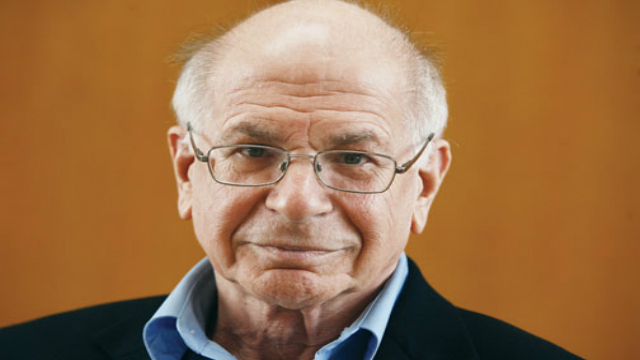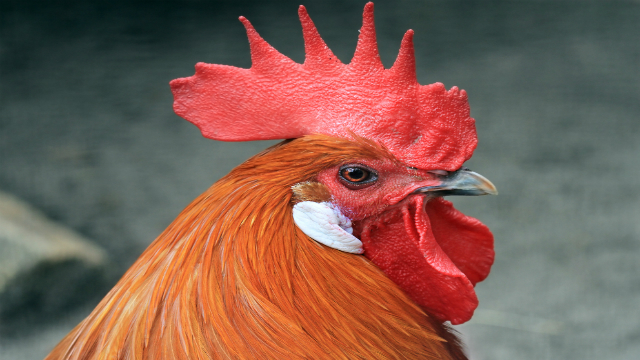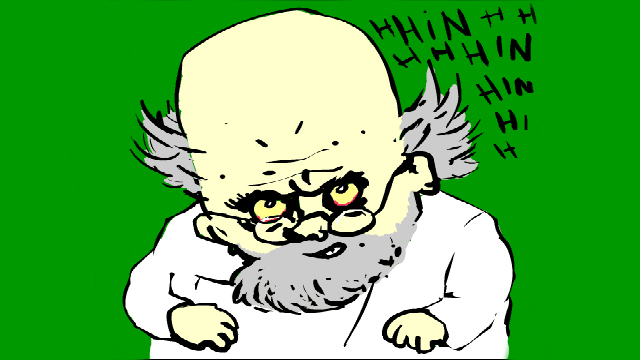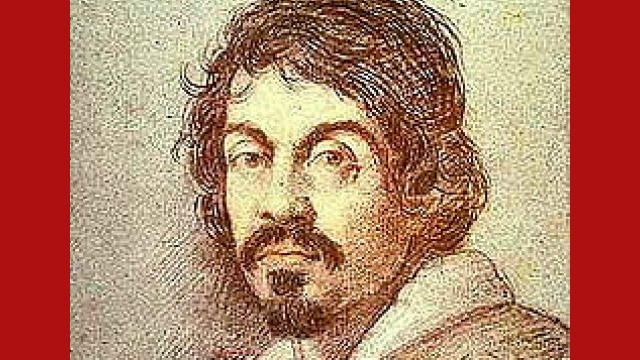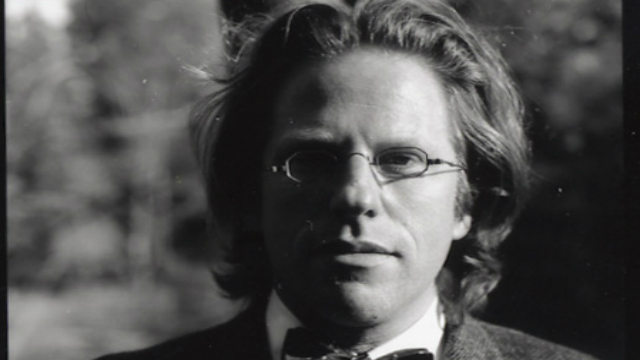Jason Gots
Editor/Creative Producer, Big Think
Jason Gots is a New York-based writer, editor, and podcast producer. For Big Think, he writes (and sometimes illustrates) the blog "Overthinking Everything with Jason Gots" and is the creator and host of the "Think Again" podcast. In previous lives, Jason worked at Random House Children's Books, taught reading and writing to middle schoolers and community college students, co-founded a theatre company (Rorschach, in Washington, D.C.), and wrote roughly two dozen picture books for kids learning English in Seoul, South Korea. He is also the proud father of an incredibly talkative and crafty little kid.
The point is that being tortured isn’t the point at all – it’s about transforming existential anxiety into clarity, energy, humor, and hope.
Dana Cowin, Editor in Chief of Food and Wine magazine and a passionate, longtime observer of food-related behavior, argues that food preferences are a powerful index to compatibility.
Above all else, Kahneman’s legacy will be a precise, empirical reminder of our own fallibility, and a roadmap of the cognitive traps to which we’re most vulnerable.
The trouble, says Nobel Laureate psychologist Daniel Kahneman, is that we’re often confident in our intuitive judgments even when we have no idea what we’re doing.
The utopia of instant, effortless DIY success for writers remains a pipe dream. Still, digital distribution and online networking are calling into question the established paths to artistic fame and fortune. Into this vacuum steps Storiad, an intriguing new approach to empowering writers and connecting them with the right buyers for their work.
For Americans especially, “being yourself” is a basic cultural value. For the psychologically vulnerable, the cognitive dissonance between this and the constant external pressure to be something other than ourselves can be toxic.
The hilarious swami of style and fashion egalitarian Simon Doonan, author of Gay Men Don’t Get Fat, offers some efficient guidelines to personal style for the mad scientist whose mind is on loftier things.
Italy, says Italian Historian Joseph Luzzi, is a chiaroscuro nation – a land of sharp contrasts.
In the seething cesspool of Caravaggio’s Rome, violence was a form of advertisement; it let people know you were, so to speak, the wrong guy to f#@k with. Internationally renowned art critic Andrew Graham-Dixon revisits Caravaggio’s life as a kind of model for career success in tough times.
Displaying a surprising lack of self-awareness, Franzen represents his (and other book lovers’) aesthetic preference for the physical book as a universal point of morality . . .
an Iron Chef style creative contest in which you’ll have 72 hours to write a short piece of science fiction inspired by our surprise “big idea.” The best entries will be published on Big Think’s homepage, visited by 1.5 million viewers a month.
At a time when the legal status of the corporate corpus is the subject of intense political debate, organizational entrepreneur Brian Robertson maintains that businesses aren’t acting human enough.
Philanthropy is a tricky business. To begin with, there’s the question of which group, among the millions of needy and suffering people in the world, to help. Even more complicated is […]
Chefs Make Change, a loose coalition of superstar chefs, is leveraging the power of micro-donations to raise a million dollars for charities, many of them focused on how, what, and whether people eat.
Skype programmer Jaan Tallinn isn’t so sure we’ll ever be able to build networks that can replicate– even in a business context – the communicative power of meeting in person. Instead, he believes, we’ll continue to edge asymptotically closer.
To the mathematically disinclined: what tools, tips, or tricks have you found especially helpful for balancing your books, staying on top of debt, and planning for the future?
Innumeracy, in a data-driven age, means ceding control and understanding of an substantial chunk of yourself – your online reputation, the scores that colleges and employers use to screen out undesirable candidates – to others.
Think of finance and management expert Zvi Bodie as the benevolent, numerate uncle you never had.
The brain is hardwired for storytelling. What stories give us, in the end, is reassurance. And as childish as it may seem, that sense of security – that coherent sense of self – is essential to our survival.
His experiments provoke thought, laughter, debate, bewilderment, even outrage. So we ask you, readers of Big Think: Jonathon Keats – Genius, or Crazy?
In each generation, our most brilliant thinkers lay the foundations on which lesser lights will build a new, bloated bureaucracy of the mind. Can experimental philosopher Jonathon Keats help us break the cycle?
Bruce Bueno de Mesquita, author of The Predictioneer’s Game, shares his foolproof method for getting your next car for the lowest price possible.
From all of us here at Big Think, Happy 70th birthday, Stephen! If you had only been one of the smartest humans ever, it would have been enough – but you’re something much bigger than that: a model of how to live.
Bioethicist Paul Root Wolpe questions the basic premise of the Singularity concept, arguing that it “misunderstands the complex nature of biological and physical life.”
Just as he stretches the boundaries of our imaginations, Dr. Michio Kaku pushes the limits of the philosofro. NEXT >>
Psychologist Steven Pinker unravels the enigmas of language and the human mind while sporting a truly luxurious philosofro. NEXT >>
Margaret Atwood’s philosofro is almost as engaging and intricately structured as her internationally acclaimed novels Cat’s Eye and The Handmaid’s Tale. NEXT >>
Professor Cornel West’s philosofro is as unstoppable as his fiery political oration. NEXT >>
Writer Malcolm Gladwell’s is one of the most iconic philosofros of our time.
Philosofro (fi – los – uh -fro): A magnificent hair nebula worn by one of the greatest thinkers of our time.


